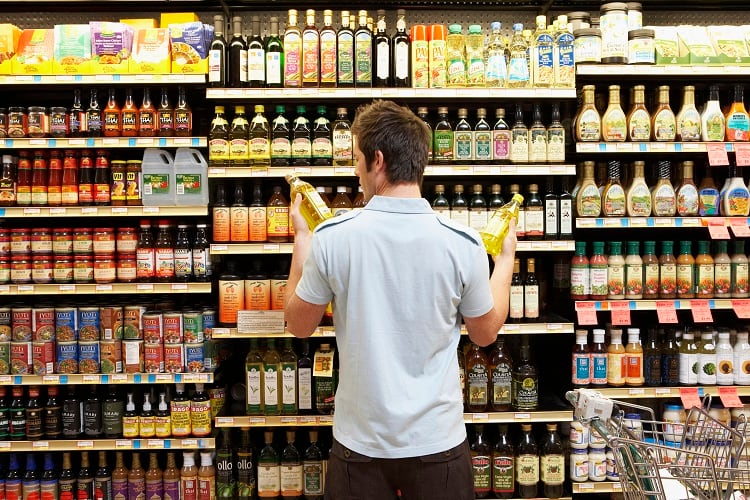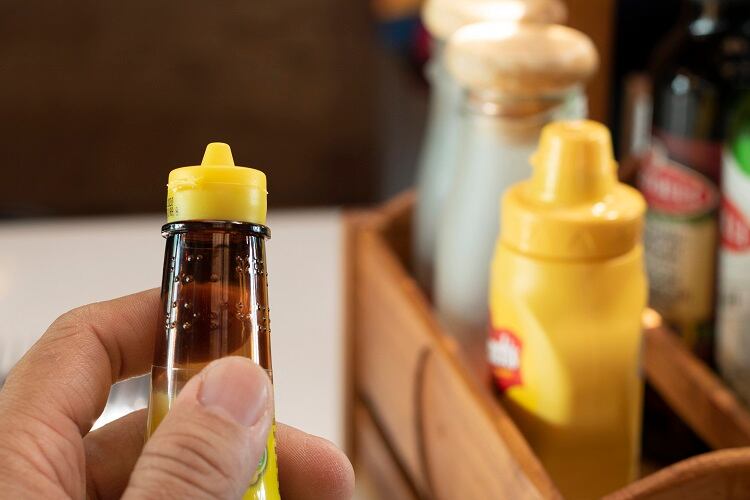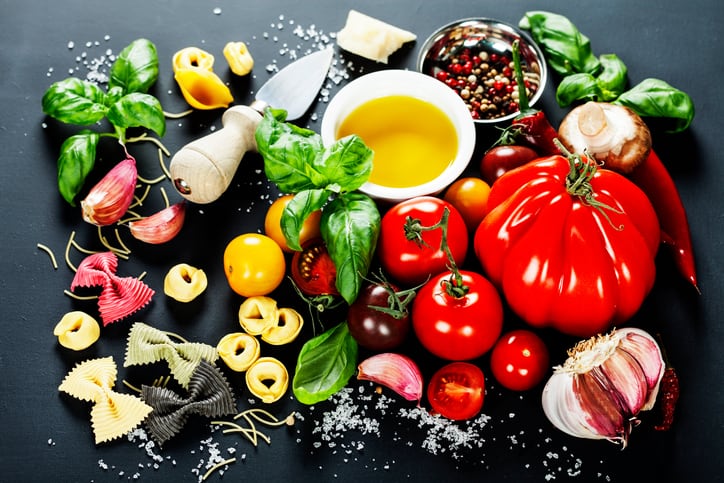The European Commission is seeking feedback on front-of-pack (FOP) nutrition labelling from businesses, NGOs and citizens.
These findings – to be adopted before the end of this month under its new Farm to Fork (F2F) Strategy – will serve to inform future debate on how to improve nutrition information for consumers.
The Commission is analysing a selection of FOP labels developed across the bloc, including the Nordic Keyhole scheme and the UK traffic light scheme. However, it is the French Nutri-Score scheme that has attracted the most attention, and controversy, to date.
MEPs back Nutri-Score: It’s a ‘public health issue’
Nutri-Score was first developed in France in 2017. The voluntary label has since been trialled or adopted in countries such as Spain, the Netherlands, and Belgium, and by food brands including Nestle, PepsiCo, and the Kellogg Company.
Nutri-Score ranks foods from -15 for the ‘healthiest’ product to +50 for those that are ‘less healthy’. On the basis of this score, the product receives a letter with a corresponding colour code: from dark green (A) to dark red (F).
In recent months, the scheme has received much support from MEPs. In December 2019, representatives from France, Luxembourg, Belgium, Croatia, Denmark, the Netherlands, Germany, Slovenia, and Portugal urged the Commission to make the Nutri-Score food label mandatory.
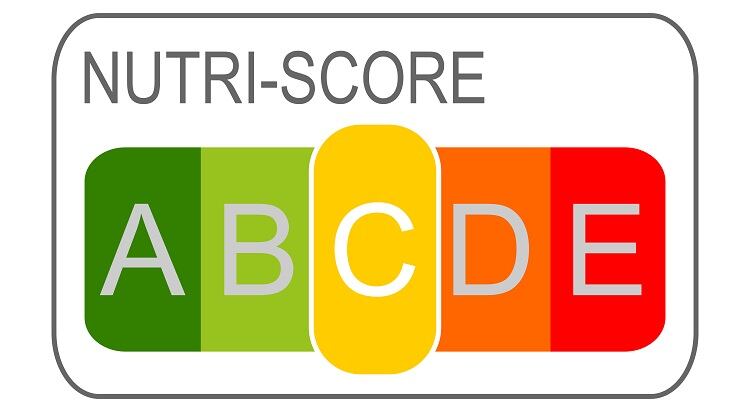
“One-third of children and half of all European adults are overweight or obese. Excess weight increases the risk of developing nutrition-related chronic diseases such as diabetes and cancer. The World Health Organization (WHO) sees front-of-pack nutritional labelling as a tool that can help consumers shift towards healthier diets,” the wrote in a letter to the Commission.
For a label to be ‘efficient’, it should be applied across the EU, they continued, and its development based on ‘solid and independent scientific evidence’ that is ‘free from any commercial interest’.
According to the cohort, Nutri-Score fits the bill. “Nutri-Score was developed by a team of independent researchers and has been the subject of numerous scientific publication that have demonstrated its effectiveness in helping to direct consumers towards healthier choices.”
Italy objects: ‘French and UK voluntary schemes mislead consumers’
At the same time, MEPs in Italy advocated for a harmonised, ‘scientific’ approach to food labelling.
In a letter to the Commission, a group of 20 Italian MEPs wrote: “Uncoordinated action toward the objectives of food safety, transparency and consumer protection has resulted in the proliferation of front-of-pack labelling schemes, which are fragmenting the EU single market.
“There is no EU regulatory framework for country of origin and nutrition labelling, which varies between the different Member States and is sometimes even imposed by retailers.”
In addition, the MEPs raised concerns that voluntary nutrition labelling schemes implemented by several Member States, such as France and the UK, ‘mislead consumers’ and ‘influence their choices’, but do not provide ‘exhaustive’ and ‘nutrient-specific information’ based on the reference intakes of the average consumer.
“Such schemes contravene Regulation (EU) 1169/2011, which states that the energy value and the amount of nutrients can be presented using graphical forms or symbols provided that they are objective and non-discriminatory, are based on sound and scientifically valid consumer research and do not mislead the consumer.”
The cohort suggested ‘such an important issue’ – for food safety, transparency towards consumers, and for the ‘proper functioning of the EU single market’ – be addressed through a harmonised EU approach.
Determining a ‘broad consensus among the EU scientific community’ – “possibly involving the European Food Safety Authority?” – was also recommended.
Nutri-Score ‘misleading and discriminatory’
In a separate letter, dated December 5 2019, Italian MEP Silvia Sardone penned concerns the Nutri-Score system poses a risk for Italian-made products.
“It is a misleading and discriminatory system which, paradoxically, has ended up by excluding from diets healthy and natural foods which have been eaten for centuries, in favour of artificial products, such as French fries and industrial deep-frozen products of all kinds, for which, in some cases, the recipe is not even known.” – Italian MEP Silvia Sardone
The MEP fears that such ‘discrimination’ is likely to promote potential junk foods, whilst rejecting ‘really healthy’ foods such as extra virgin olive oil, but also [Italian] specialities such as Grana Padano, Parmigiano Reggiano, and Parma ham.
“This is liable to foster bad diets, which would jeopardize not only public health but also the high-quality ‘Made in Italy’ production system.”
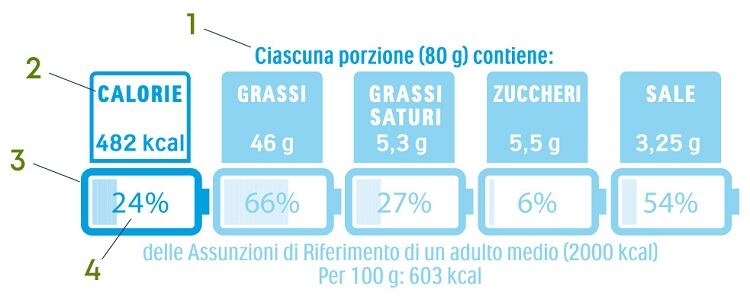
Concerns that current food nutrition labels do not align with Italian cuisine and a Mediterranean diet has also prompted response from the Italian Ministry of Economic Development.
In January this year, the Ministry officially presented an alternative plan for a nutrition labelling scheme to the Commission: NutrInform. The system uses columns or batteries to display the percentage of energy, fats, sugars and salt contained in a single portion, in relation to reference daily intake.
“[NutrInform] is our alternative to Nutri-Score, but it is far better. It is not penalising, it does not give good or bad grades,” noted Italian Agriculture Minister Teresa Bellanova at the time.
Nutri-Score, on the other hand, is opposed to the principles of the Mediterranean diet, which is based on a balanced consumption of all foods, noted the Ministry.


